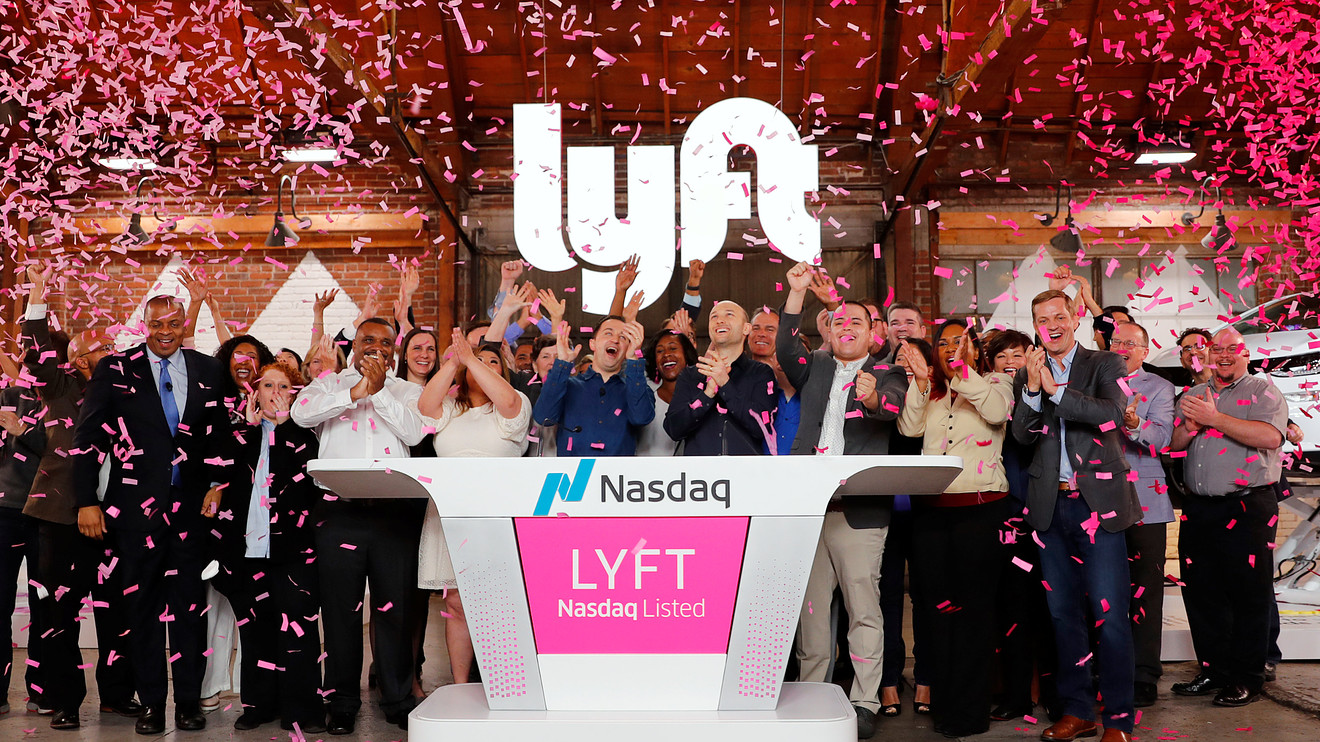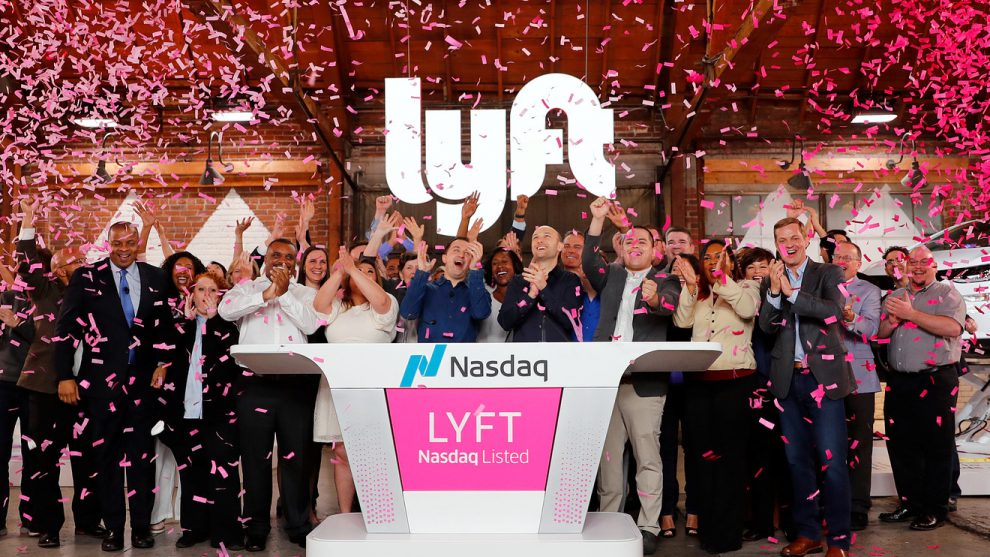
Lyft Inc. reported better sales than expected in its first quarterly earnings report as a public company Tuesday, but also disclosed massive losses even after factoring out stock-based compensation.
Lyft LYFT, -2.03% went public in March at $72 a share and moved higher in its first day of trading, but began falling in the next session and has not closed higher than its initial public offering price since April 5, as rival Uber Technologies Inc. UBER, +0.00% preps its own IPO that is expected to price this week. Lyft shares closed Tuesday with a 2% decline at $59.34, then fell more than 2% in after-hours trading immediately following the release of the results.
Lyft reported first-quarter losses of $1.14 billion, or a whopping $48.53 a share, on revenue of $776 million, up from $397.2 million in the comparable quarter a year ago, according to Lyft’s IPO filing. Much of that loss was due to stock-based compensation — typically an especially large expense in the quarter after an IPO — totalling $894 million. After adjusting for stock payouts and other factors, Lyft claimed adjusted losses of $234.3 million, or $9.02 a share. Analysts on average expected losses of $3.77 a share on sales of $739.9 million, according to FactSet.
“The first quarter was a strong start to an important year, our first as a public company,” Chief Executive Logan Green said in a statement.
Lyft’s revenue reflects only the net amount of a fare that the company collects, but it does report other figures to give a fuller picture of the business, such as bookings, which is meant to show the full fares being paid. Carrying such steep losses, Lyft tends to focus on other metrics to show its potential, such as rides taken. The company reported 20.5 million active riders, up from 14 million a year ago, and revenue per active rider of $37.86, up from $28.27 in the year-ago period.
Lyft predicted second-quarter revenue of $800 million to $810 million, and annual revenue of $3.28 billion to $3.3 billion, both higher than the average analyst forecast, according to FactSet. Executives are scheduled to discuss the results in a conference call scheduled for 5 p.m. Eastern.
As Lyft was releasing results Tuesday afternoon, Alphabet Inc.’s GOOGL, -1.22% GOOG, -1.29% self-driving car arm Waymo revealed that it will begin serving Lyft customers with self-driving rides in the Phoenix area. Waymo will put 10 self-driving cars on the Lyft platform “over the next few months,” Waymo Chief Executive John Krafcik wrote in a blog post.
“This first step in our partnership will allow us to introduce the Waymo Driver to Lyft users, enabling them to take what for many will be their first ride in a self-driving vehicle,” Krafcik wrote. “We’re committed to continuously improving our customer experience, and our partnership with Lyft will also give our teams the opportunity to collect valuable feedback.”












